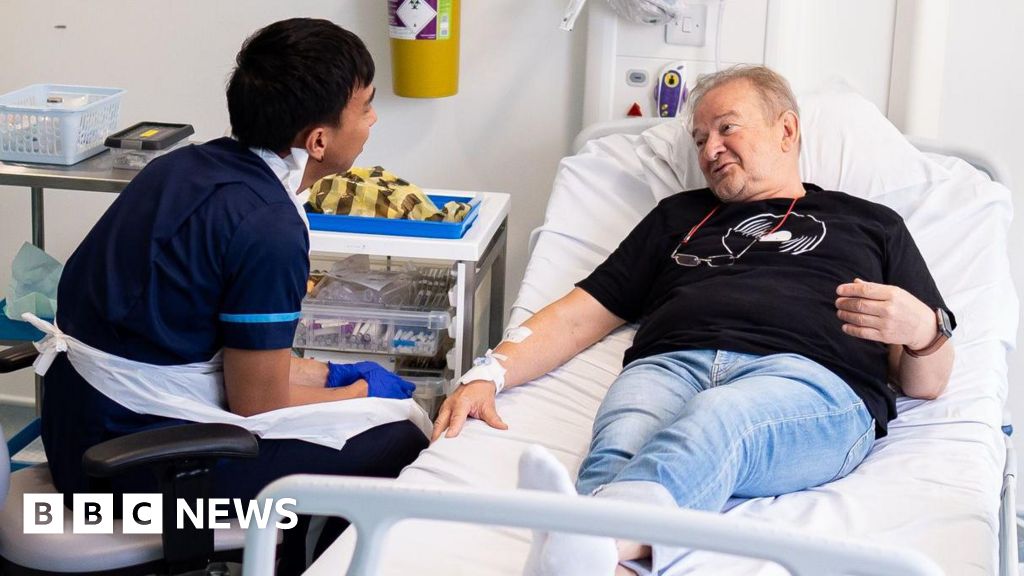
"The warning comes after talks over the cost of medicines for the UK between Heath Secretary Wes Streeting and pharma firms broke down last week. A body assesses whether a new drug is value for money before approving it for use on the NHS, but Novartis said its methods were outdated and made it harder for innovative drugs to be approved and launched."
"In 2023 a deal was done with predictions of how big the rebate should be that pharma companies would have to pay the UK government on sales to the NHS above an agreed threshold. A 15% rate had been expected, aimed at preventing the health service's costs from spiralling out of control. However, the actual rebate rate has risen to 23.5%, which Novartis said was more than triple the 7% rate in Germany, for example."
"The firm, which employs 78,000 people globally, said patients were losing access to or missing out entirely on new treatments as a result of the current situation. It said due to the "declining competitiveness" of the UK market, the company had "already been unable to launch several medicines" in the country "for public reimbursement - medicines that are, or soon will be, available to patients in other European countries"."
Novartis warned that rising costs and an elevated UK rebate rate are causing patients to lose access to cutting-edge treatments and deterring company investment. Negotiations between health officials and pharmaceutical firms over medicine costs recently collapsed. Novartis criticised the drug value-assessment methods as outdated and said the UK market is largely uninvestable, prompting the company to withhold plans for manufacturing, research, and advanced technology investments. The actual NHS rebate rate has risen to 23.5%, higher than expectations and greater than rates in some European countries, leading Novartis to delay or avoid launching several medicines for public reimbursement.
Read at www.bbc.com
Unable to calculate read time
Collection
[
|
...
]